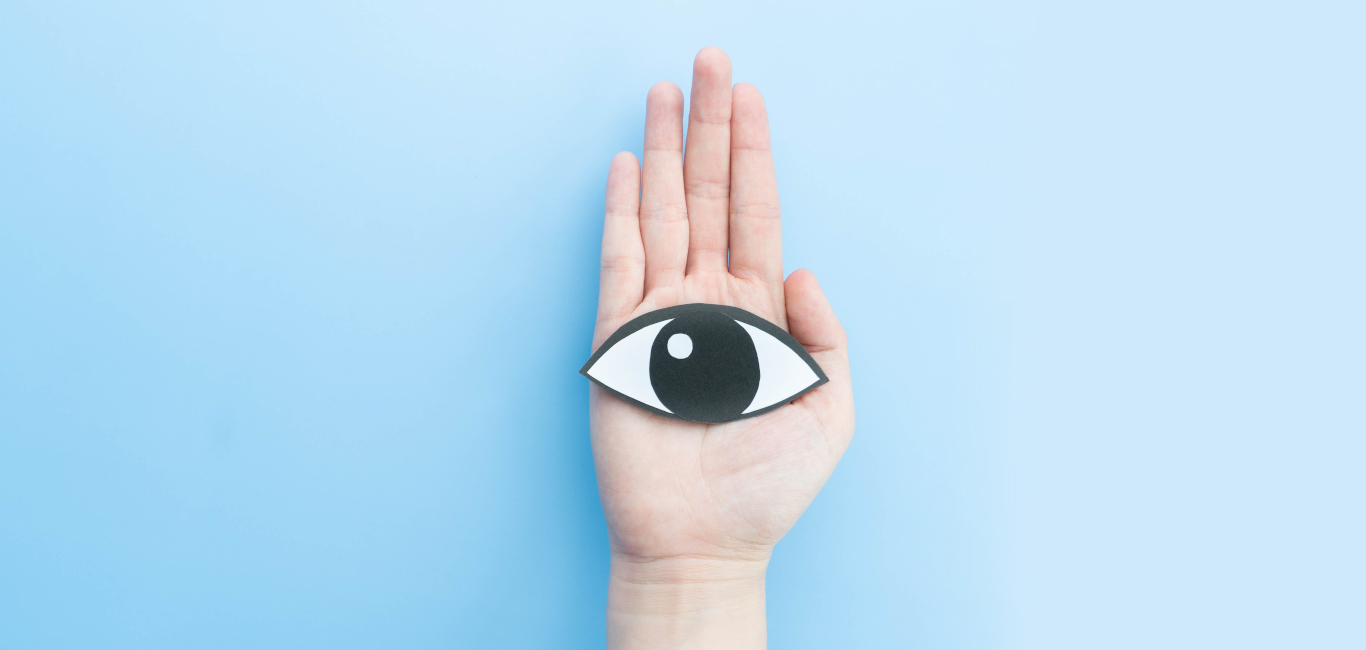
In the field of personalised medicine, 3D printing of tissues and organs is considered the holy grail. The technology could bring artificial organs closer to reality, potentially solving the massive shortfall of organs for transplant.
Now, researchers at the Korea Institute of Science and Technology (KIST) in Seoul have developed a new bioink to print or help grow living tissues. In a paper published in the research journal Small, they describe a bioink that can harden at body temperature.
This could allow a replacement of processes such as photocuring (hardening by exposure to ultraviolet (UV) light) and chemical crosslinking (using chemical reagents to bond molecules).
Current processes can poison the living cells in the bioprint, thus affecting its function. This is what is driving the race to produce better and more biocompatible bioinks.
But for organs to be printed in the future, we first need to understand the basics of bioprinting.
Much like regular 3D printing
Off-the-shelf 3D printers today follow a computer-aided design (CAD) model to print layers of an acrylic-based photopolymer that hardens when exposed to UV light. A similar process is used for 3D bioprinting, but instead of plastics, biocompatible hydrogel-based bioinks are used.
ALSO READ: How and when 3D printed organs may become a reality
In bioprinting, “scaffolds” are used similar to traditional 3D printing to support the printed structure and ensure its proper shape. However, unlike regular 3D printing, bioprinting designs the scaffolds to mimic the extracellular matrix of the cell, thereby preventing their detachment.
“The precise fabrication of these scaffolds can be achieved through the application of 3D bioprinting technology. However, the availability of suitable bioinks is currently limited, which hinders the widespread use of this technology in surgical procedures,” Dr Song Soo-chang, corresponding author of the study, told Happiest Health.
“Therefore, the development of a new bioink with adjustable mechanical properties that avoids the use of toxic substances or processes becomes crucial within the realm of 3D bioprinting,” he added.
The new bioink is a temperature-sensitive hydrogel that is liquid at low temperatures and hardens at body temperature (around 37 degrees Celsius). The thermos-responsive nanocomposite (TNC) bioink system can also safely biodegrade into non-toxic materials.
Tested in mice
The researchers tested the efficacy of their newly developed bioink by creating a 3D scaffold and implanting it into the damaged skull of a rat. They observed that over time the scaffold degraded, giving way to newly formed bone tissue without abnormal bone formation.
Researchers create the bioink bone factors to promote bone tissue regeneration within the body.
It does so by facilitating cell migration from the surrounding bone tissue and providing a regenerative 3D environment for new bone formation.
“We believe in the potential of 3D bioprinting as a technology that can be developed for personalised treatment,” Dr Soo-chang told Happiest Health.
“Considering the unique condition and size variations in the damaged tissues or organs of individual patients, it becomes important to have a bioink system capable of producing a 3D scaffold tailored to each specific tissue,” he added.
The Korean researchers noted that clinical trials will be the next step to demonstrate the technology’s efficacy and safety in the human body.

















